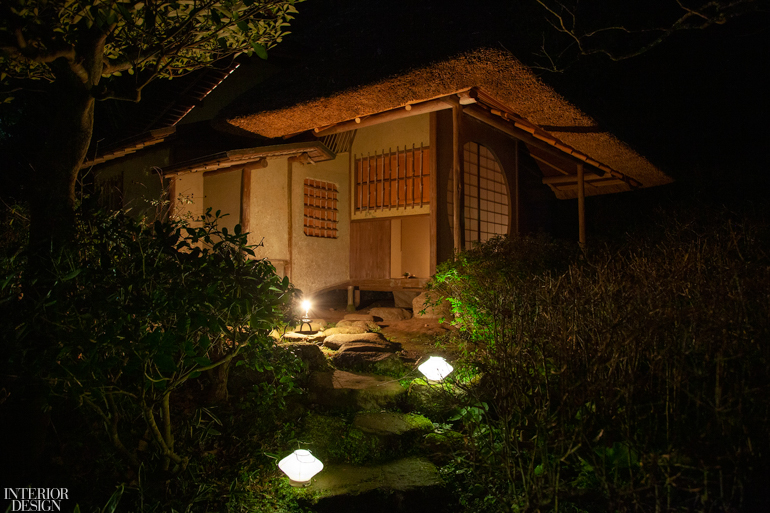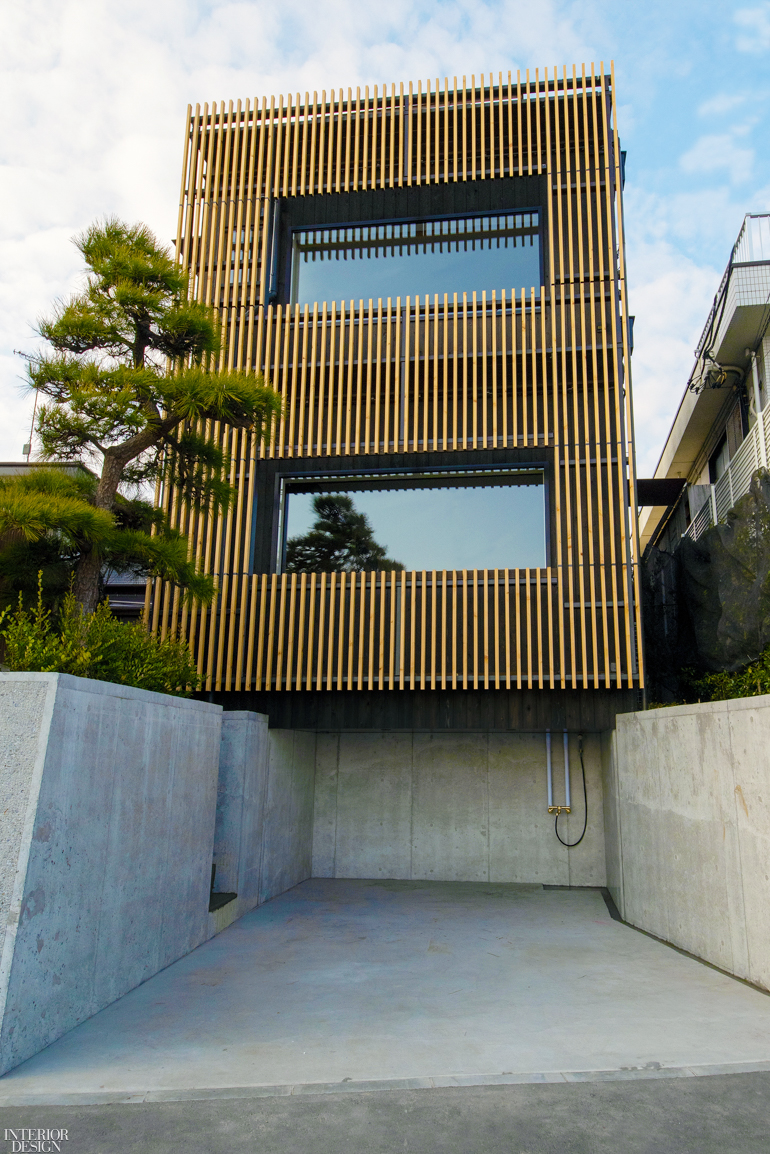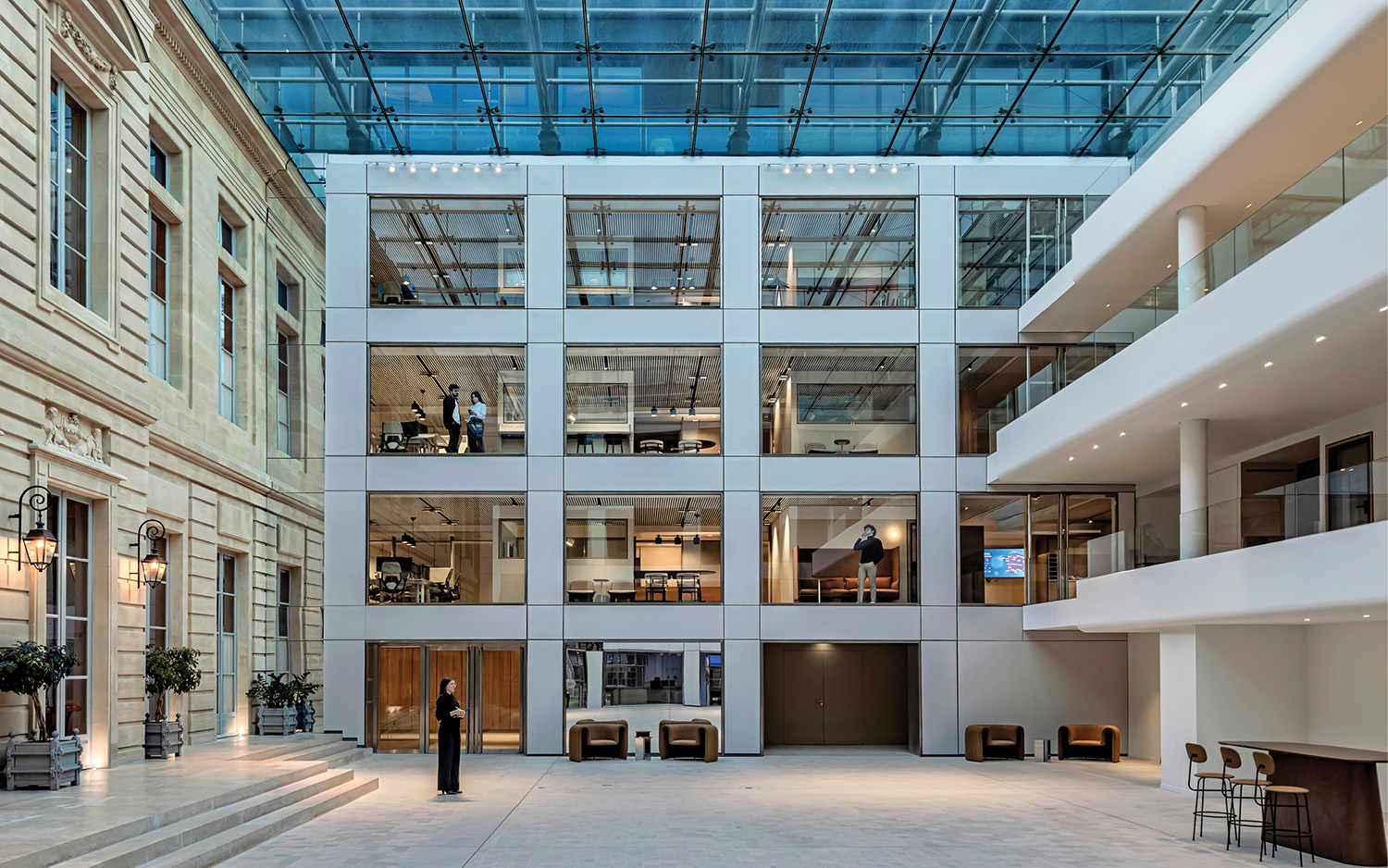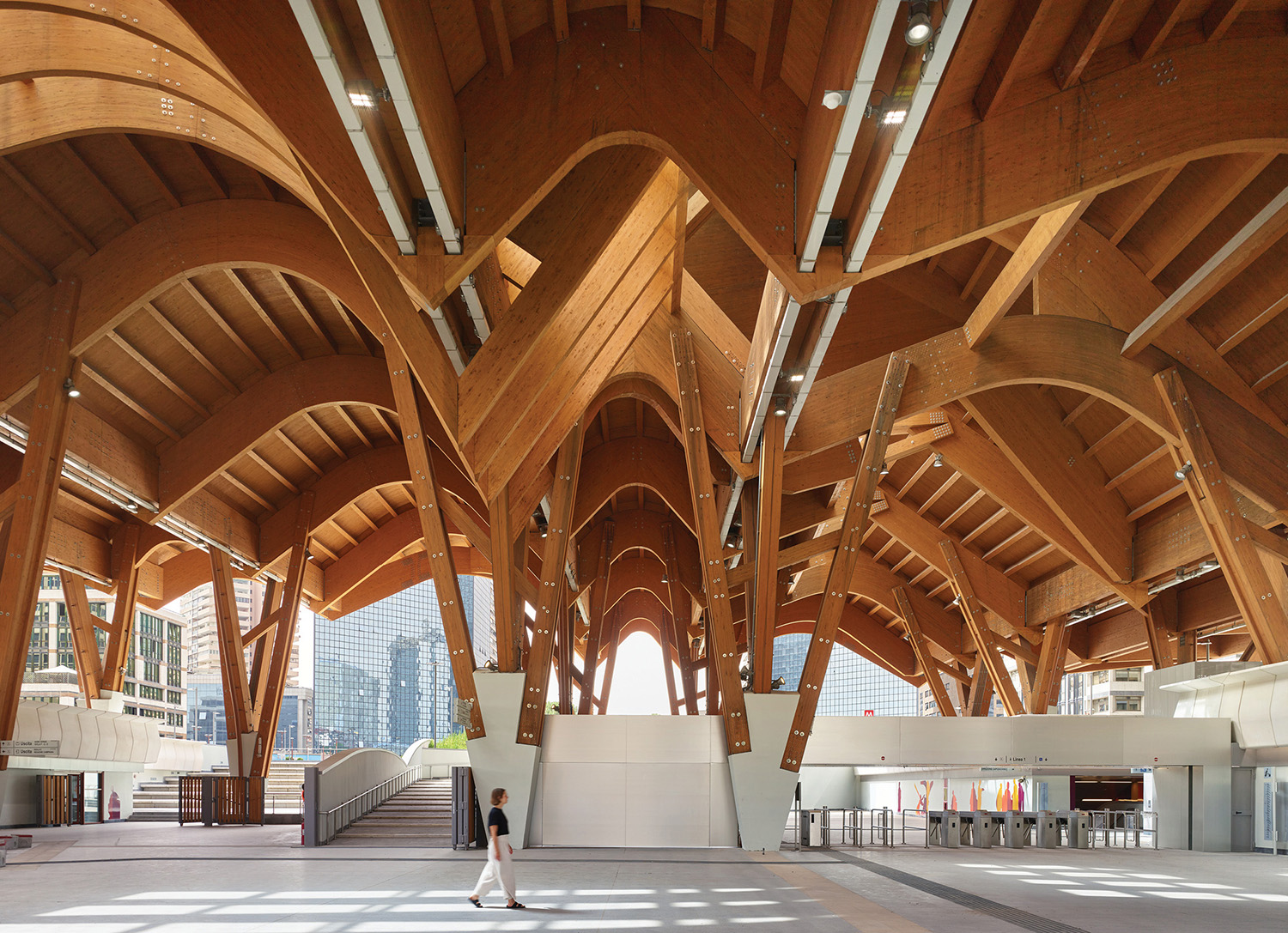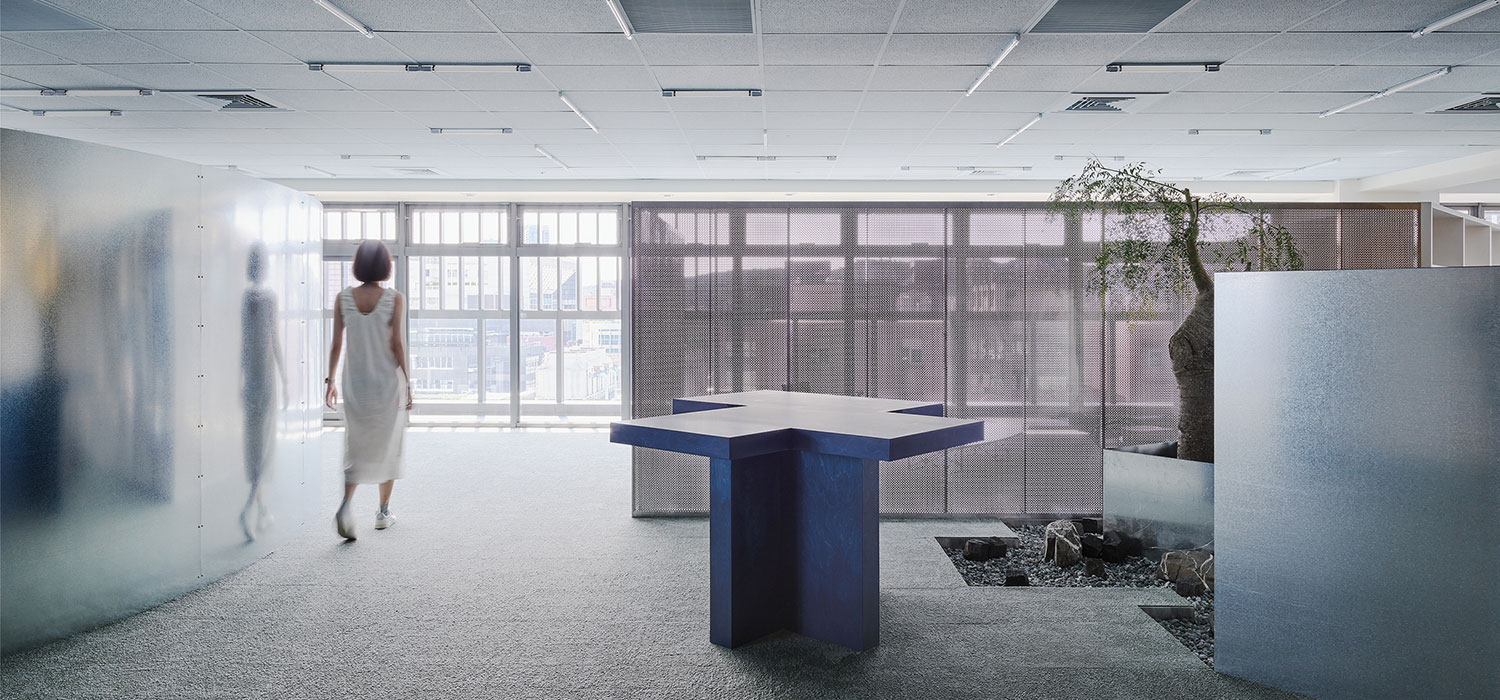Traditional Japanese Hospitality with a Modern Take

A direct descendant of Samurai warriors, Nobuyuki Kishi, CEO of Kishike Co. Ltd., wanted to share the ancient principles of Japanese hospitality that have been passed down along generations in his family. While working in Japan’s equivalent of Silicon Valley, an image of Kishi’s late grandfather appeared to him. “I was reminded of when he first taught me about chisoku,” Kishi recounts, explaining that chisoku means “to know satisfaction” when translated literally but is commonly used to reference the concept of feeling holistically fulfilled. A powerful moment, this reconnection with chisoku prompted Kishi to create a full-service Japanese ryokan, rooted in the traditions of his ancestors.

Located meters from the beach in the coastal city of Kamakura, Modern Ryokan kishi-ke is a retreat comprised of two buildings—one for reception, one for the guests’ stay—and multiple gardens to create an experience steeped in both serenity and luxury. A practicing Zen Buddhist, Kishi partnered with architect Ryohei Tanaka and interior designer Hitomi Kishi to translate Zen philosophies into tactile spaces. Using natural materials that connect the space and its guests to the surrounding outdoor elements, clean lines and a minimalist sensibility define Modern Ryokan kishi-ke.
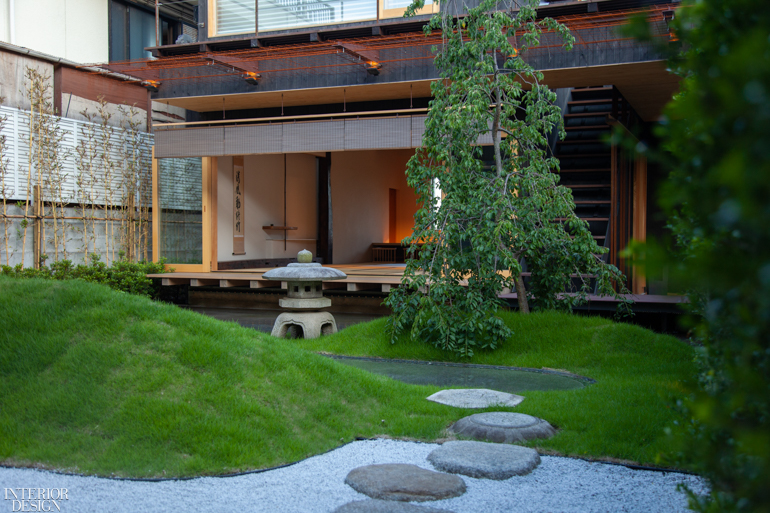
The parred down aesthetic enables every detail to command attention. Up to four guests are able to stay at Modern Ryokan kishi-ke at a time with itineraries handled by the staff, beginning with a tea ceremony upon arrival. “Guests learn how to become a proper host,” Kishi explains about how amenities are built into the design of the guest villa. For example, the kitchen is outfitted with all equipment and necessary ingredients for the Shojin cuisine cooking class, where guests make their own plant-based omakase dinner.

Tradition Meets Modernity
The main gathering space in the guest house is designed with ample room for hosting traditional tea ceremonies. “We don’t just show them how to drink the tea,” Kishi begins, “we bring in professional masters to demonstrate how it’s done properly.” The traditional Gyokuro tea used in ceremonies was Kishi’s grandfather’s favorite, if not matcha, and the variety of dark wood elements that adorn the sliding dividing door between the kitchen and ceremony space are repurposed pieces of old furnishings from the home Kishi and his grandfather shared.

Gyokuro tea, which typically takes a few minutes to prepare, is meant to be savored—a tradition Kishi hopes to revive given his observation that formal tea ceremonies and similar cultural practices seem to be on the decline in modern Japan. “Those experiences make people focus on the now and what’s in front of them, which leads feeling of chisaku.” And now, Kishi honors his family’s history by sharing that experience with others.
